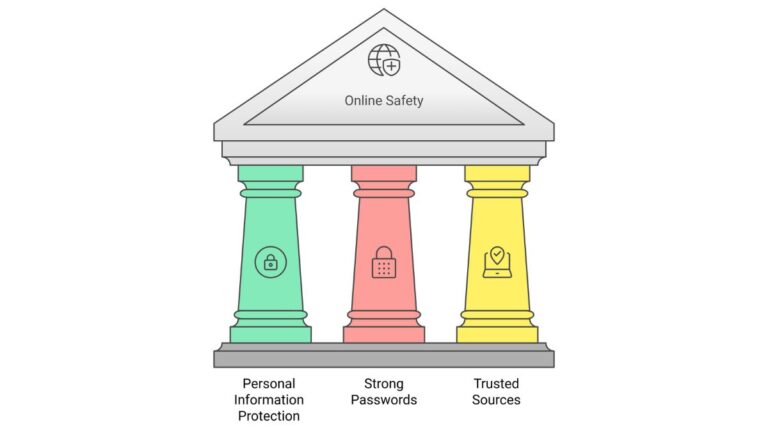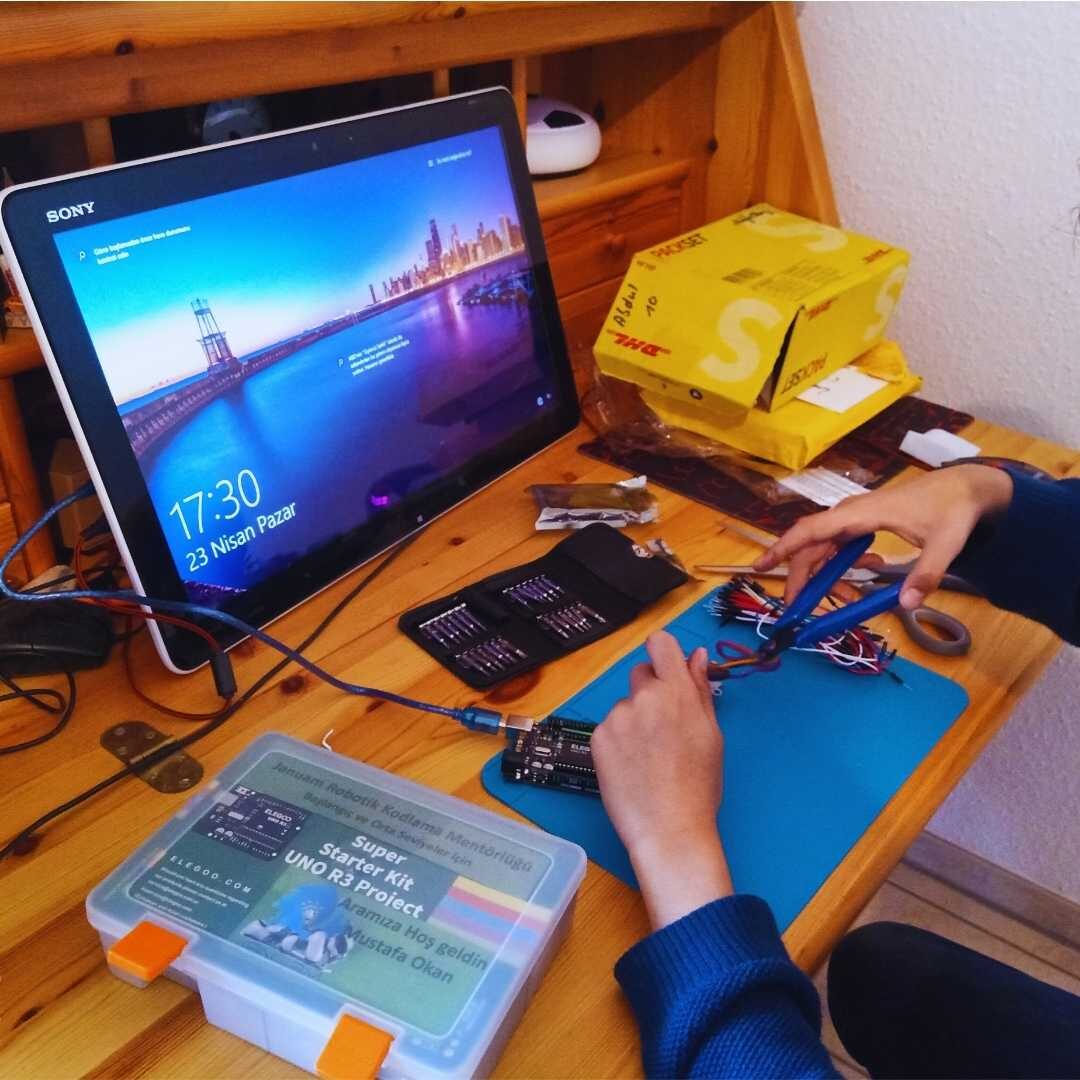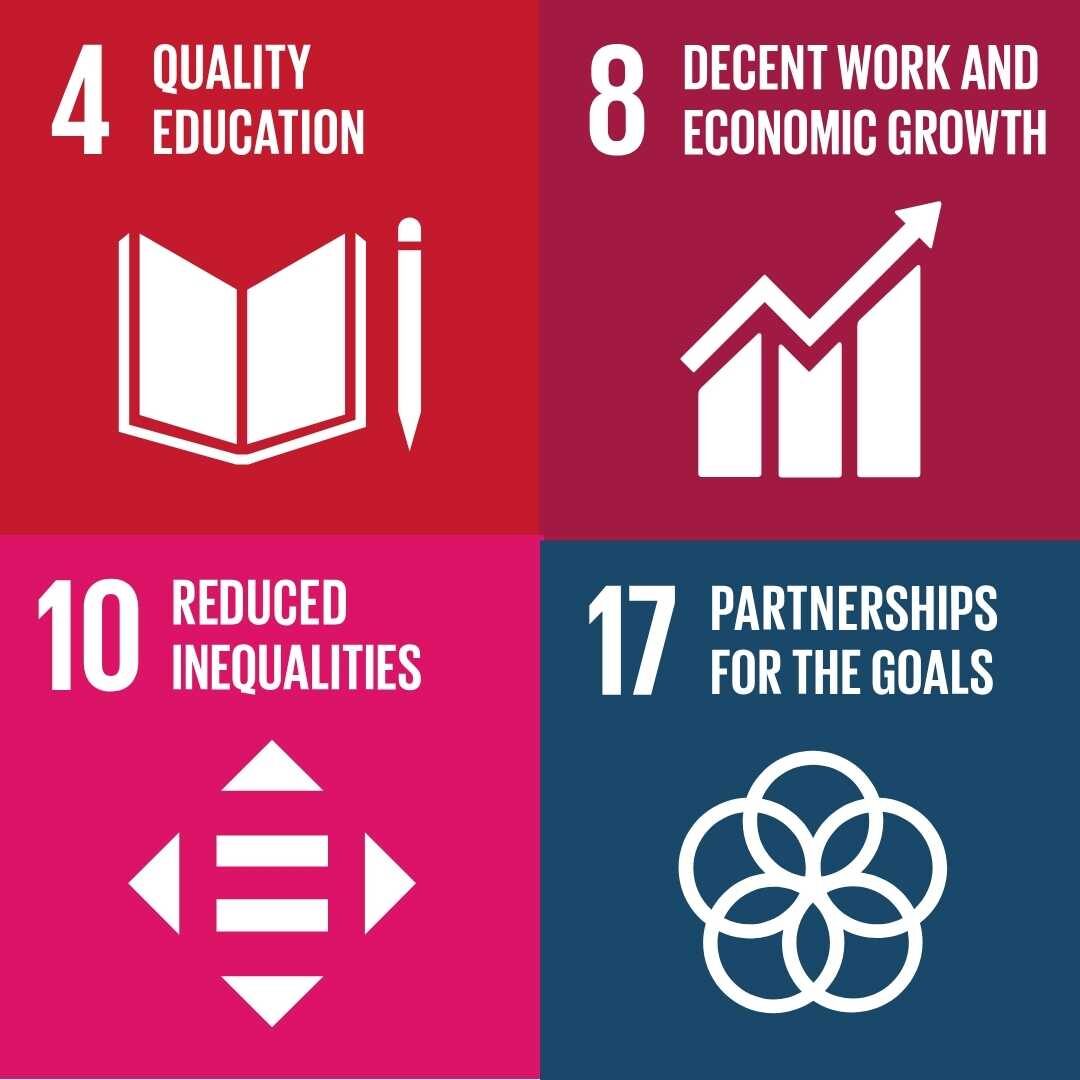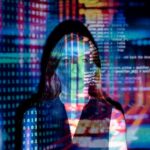Empowering People to Successfully Navigate and Authenticate Information in the Digital Age
In our increasingly digital world, information flows fast and far. With the proliferation of information online, the ability to discern fact from fiction has never been more critical. Misinformation—accidental inaccuracies—and disinformation—intentionally deceptive content—pose serious challenges that can shape public opinion, alter behaviors, and even impact mental well-being.
Digital literacy offers the skill set needed by people to critically assess information and navigate this complex age with ease, in a safe manner. This comprehensive resource covers the basics of digital literacy, tips on how to stay safe online, the ethics of digital communication, and practical guidance for parents on how to instill this in their children.


What is Digital Literacy?
Digital literacy is a wide array of skills that empower individuals to find, assess, and engage with online information in a responsible manner. Unlike mere access to information, digital literacy involves critical thinking and awareness; it empowers users to be able to judge the credibility of sources and detect misinformation for themselves—to act ethically. This skill set comes in very handy when falsehoods spread like wildfire, letting one discern fact from fiction and avoid the pitfalls of digital manipulation.
Digital literacy includes a wide array of skills, from the technical—using digital platforms and tools—to knowledge about media ethics and practices around online safety. All these skills combined will be very instrumental in creating a more informed and resilient digital community—one that is better able to refute misinformation and make savvy decisions in the digital world.
Digital Literacy: Key Areas - Online Safety and Privacy
The most basic aspect of digital literacy is knowledge of online safety and privacy. Digital protection, in a nutshell, involves safeguarding information and being wary of misinformation. This sensibly comprises learning how to keep personal data safe, knowing which digital platforms are safe, and understanding how privacy settings work. With a strong foundation of online safety, users can engage with the internet more confidently and become less prone to online threats.
Essential Recommendations for Online Safety

1. Protect Your Personal Information: Do not share any sensitive information, such as ID numbers, address, or any financial data, on unknown websites. Also, regularly review the privacy settings of social networking sites to control access to your details and limit sharing to trusted contacts.
2. Use strong passwords: Each online account should have a unique, complex password, and it should be changed regularly. The same password should not be used on many different platforms to avoid being hacked.
3. Rely on trusted sources: Always stick to trusted and authentic sources, and validate the authenticity of websites whenever sharing or relying on their content. Unknown links, especially those with suspicious-looking addresses or those coming from unknown senders, should be treated with caution.
By following these methods, one can become less vulnerable to cyber threats and false information, creating a more secure and informed digital interaction.
Ethical Involvement in Digital Environments: The Duty of Veracity
The ethical dimension of digital literacy goes beyond just technical skills; it includes responsible interaction with an obligation to truth. Ethical behavior online means sharing verified information, respecting intellectual property, and fostering respectful interactions with others. In many cases, untruths that cause confusion or damage can only result in a culture of trust and respect in digital spaces when ethically responsible behavior is cultivated.
Core Principles of Ethical Online Behavior
1. Verify Before Sharing: When sharing anything online, make sure it is from credible sources. Misinformation or false information spreads like a wildfire and can continue to spread the misunderstandings. Always cross-check information with multiple reliable sources.
2. Be Respectful and Prevent Cyberbullying: Cyberbullying and harassment lead to a toxic digital environment. Treat others with respect, and show empathy to keep online communities constructive and avoid the spread of misinformation through hostile interactions.
3. Respect Intellectual Property: Using content without permission is equivalent to violating the rights of creators and continuing unethical practices. In any kind of dissemination or adaptation, it is equally necessary to mention original sources and be alert about the laws on copyright.
Ethical engagement promotes positive relationships in digital communities and decreases the spread of misinformation. Knowledgeable and responsible users help create an environment where what matters most is what is factually accurate, while mutual respect is maintained.
Tips for Parents: Supporting Children's Digital Literacy
Children, especially, are prone to this because of the inability to have enough experience and critical thinking. Parental guidance is needed in order to develop digital literacy from a young age on how to engage safely and responsibly online.
Practical Advice for Parents
1. Adjust Privacy Settings: Use privacy settings to limit children’s online interactions to people they know. This step reduces the chances of being exposed to inappropriate or misleading information.
2. Use content filtering and monitoring mechanisms: Parental control apps can restrict access to potentially harmful content while still allowing parents to monitor online activities. In this way, it helps children to be protected from false information and inappropriate content.
3. Teach Digital Ethics: Explain the importance of sharing information and engaging respectfully online. It involves teaching kids the basic aspects of digital ethics, such as identifying credible sources and respecting others’ rights, in order to foster responsible digital behaviors.
4. Introduce the basics of cybersecurity: Encourage children to create strong passwords, not to share personal information, and be cautious with unknown links. Basic cybersecurity awareness protects them from potential threats and misinformation. By actively guiding children’s use of digital media, parents help them develop responsible and safe internet behaviors—effectively preparing the next generation with the ability to navigate the digital world.

The Importance of Digital Literacy in Combating Misinformation
In this world of fast digital variation, the requirement to have proper digital literacy skills has become a must for people of all ages. By developing these competencies, we not only hone our ability to critically assess information and protect ourselves from digital harm, but we also contribute to a creation of a more genuine, considerate, and resilient online community. Digital literacy is about more than just acquiring technical skills; it’s an all-rounded set of abilities that incorporates critical thinking, ethical behavior, and a commitment to truth.
Digital literacy would empower one with the ability to fight misinformation effectively—that is, to determine when the source is credible or questionable—so that only the right information is passed on. Such a shared responsibility would further enrich public discourse, promote good mental health, and create an atmosphere in which truth triumphs over falsehood and less than decent manipulation.
There can be no overemphasizing the need for ethical digital behavior. It organizes respect for intellectual property, friendly engagement, and verification of information before sharing into a culture of responsibility in the digital environment. Such measures combat misinformation and develop a trend with which that the new youth will emulate responsible digital citizenship and discipline toward such information.
For parents, educators, and leaders, emphasizing digital literacy as the primary objective to be achieved through learning is a step in the right direction toward ensuring that children and young adults act responsibly, safely, intelligently, and ethically with digital technology. As parents raise them toward the right behavior online, they lay a foundation that empowers successive generations to stride into the intricate world of the digital era confidently and with judgment. Ultimately, digital literacy constitutes the foundation of a digital society predicated on principles of integrity, trust, and reciprocal respect.
As we embrace this evolving set of skills, together we create a digital future where people are informed, empowered, and prepared to make principled decisions. Shared commitments to digital literacy and ethical engagement will likely grow a much stronger, more open online space—one where disinformation has very little power, and truth will eventually prevail. It is a continuous competency, and investing in digital literacy cultivates resilience—both for the person and society as a whole—thereby creating a digital environment that is safe, aware, and built on a commitment to respect, accuracy, and trust.”.
References
- https://immune2infodemic.eu/
- https://faktabaari.fi/dil/digital-information-literacy-guide.pdf
- “Digital and information Literacy Framework” , Katharine Reedy and Robin Goodfellow, Open universtiy, 2016
- https://www.educationcounts.govt.nz/publications/tertiary_education/education-literacy/80624
- https://unesdoc.unesco.org/ark:/48223/pf0000265403.locale=en
- Images by Yunus Emre Karahalil at Leonardo.AI
Author : Yunus Emre Karahalil















